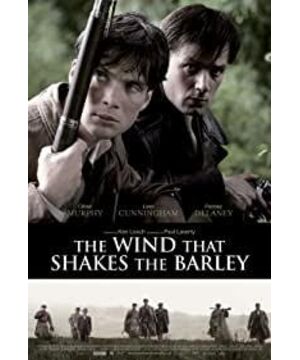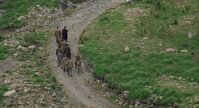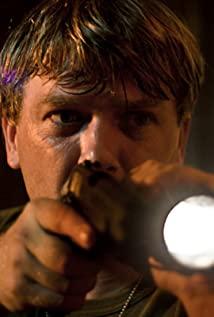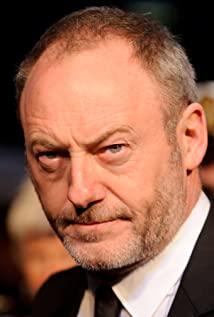This is a British director about the independence struggle of the former British occupation, so it is very politically sensitive. The main actors are all Irish, and it can be seen from the appearance that they are different from the English. There is also a very strong anti-British tendency emotionally. The British occupying forces in the film are all cold and cruel murderers. Fortunately, the theme of the film is not the British army, but the internal disputes among the Irish in the struggle for independence. Some people advocate violent protests, and some people try to survive. In the face of the peace agreement to cede Northern Ireland, some people hope to achieve peace as soon as possible, and some insist on fighting to the end. A common theme in war movies is that everyone is a hero in the face of the cruelty of the enemy, and the resistance movement that would have been united in the face of the hope of peace will be divided. The humanitarian spirit in war movies is always easy to sensationalize, and it is easy to win awards. This film won the grand prize, but to be honest, many details are not so sophisticated.
I don't know much about this history, but the long history of civil wars in modern China tells me that "the only way to fight against foreigners is to stay safe inside, and to get rid of corruption can prevent beetles", which is disgraceful, but effective. The Irish are not as shameless as the Chinese politicians and dictators, so their Northern Ireland is still not recaptured.
View more about The Wind that Shakes the Barley reviews











